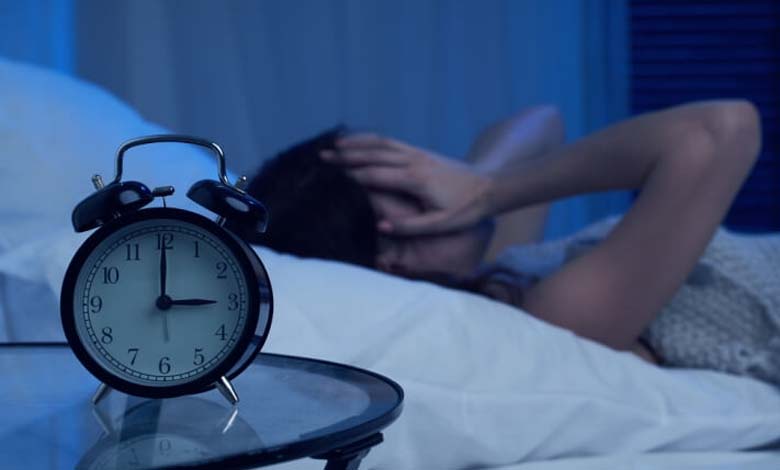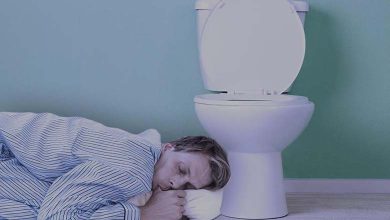Why Can’t Some People Sleep Despite Feeling Tired and Drowsy?

Experts attribute the inability of some people to sleep despite feeling tired and drowsy to the interruption or dysfunction of the body’s biological clock, as it acts as an internal alarm in our bodies that recognizes day and night, regulates temperature, and hormone levels such as melatonin, responsible for sleep.
According to WebMD, the Suprachiasmatic Nucleus (SCN) is the body’s main clock located in the brain, which secretes the hormone melatonin that regulates sleep.
During the day and in the presence of external light, melatonin levels remain low and reach their peak at night. Among other reasons for the inability to sleep despite feeling drowsy:
Stress
Stress is one of the biggest challenges for sleep, especially for those experiencing panic attacks.
Hormones
If you are a woman experiencing changes or imbalances in your hormones, especially before your period due to decreased rapid eye movement, decreased melatonin production, and exposure to menstrual cramps, as well as headaches and increased body temperature, all these factors make sleep difficult despite feeling tired.
Caffeine
Consuming a large amount of caffeine, such as drinking 5 cups a day, affects sleep by prolonging sleep onset, reducing its efficiency, and decreasing total sleep time.
Electronic Devices
The use of electronic devices emitting blue light disrupts the natural biological rhythm and reduces melatonin production, which may make the person feel non-drowsy, a false sensation for them. Additionally, online content displayed may be stressful before bedtime, which is a cause of the inability to sleep despite feeling drowsy.
Insomnia
Insomnia is defined as difficulty falling asleep or maintaining continuous sleep during the night or early morning, it can last for several days, weeks, or be chronic and last more than 3 months.
Treatment
Getting rid of some habits such as consuming caffeine before bedtime, being in a noisy environment or inappropriate room temperature, or watching TV in bed.
Cognitive relaxation therapy, which involves learning correct beliefs about sleep, such as reducing stress and anxiety, and practicing relaxation exercises or meditation.
Other treatments include Chinese acupuncture or learning relaxation techniques.
Setting a fixed bedtime: spending a long time in bed before sleep may result in an inability to sleep, so it is recommended to set a bedtime every day.












